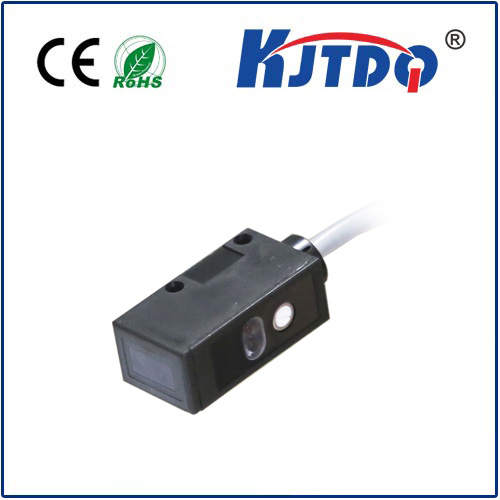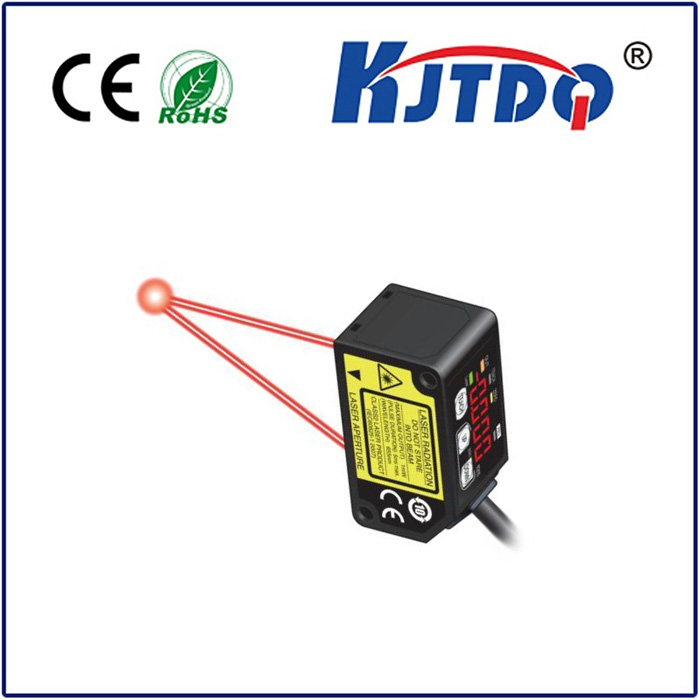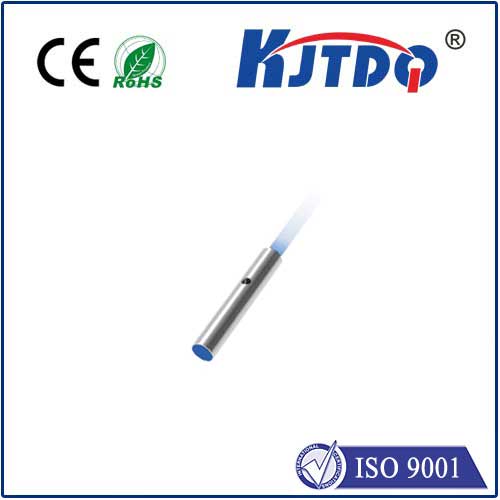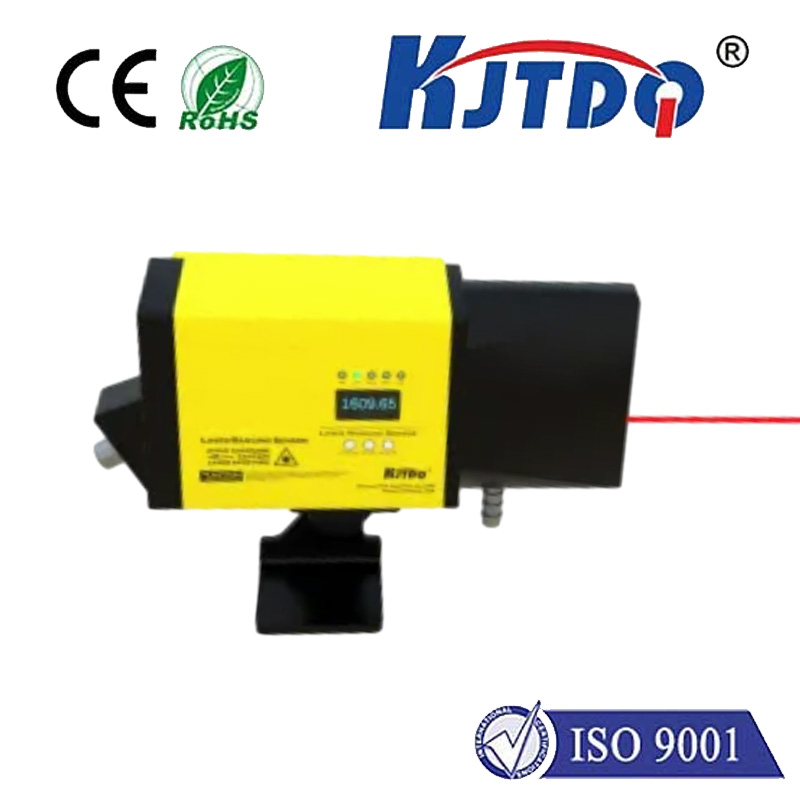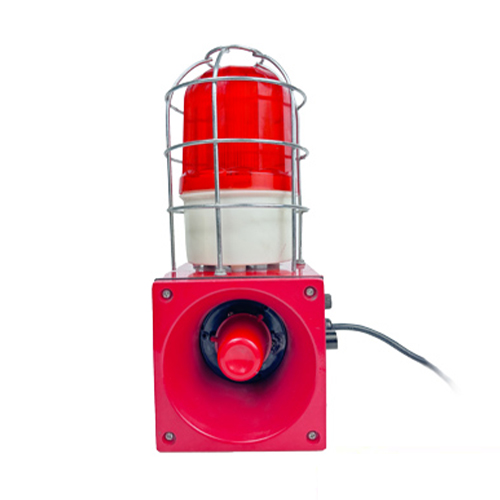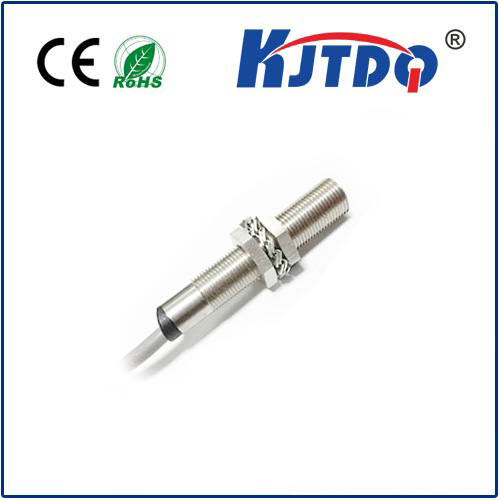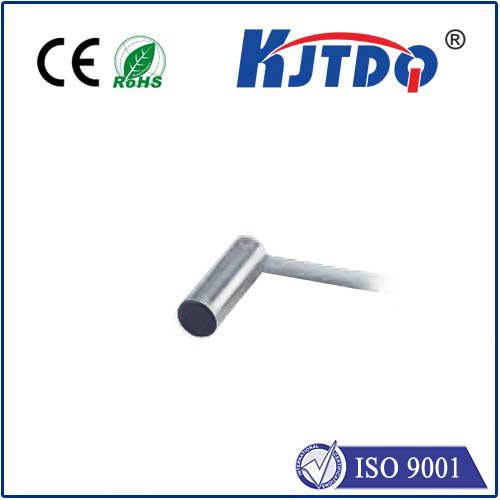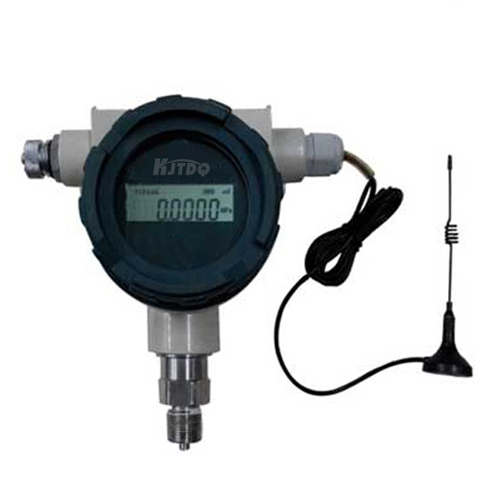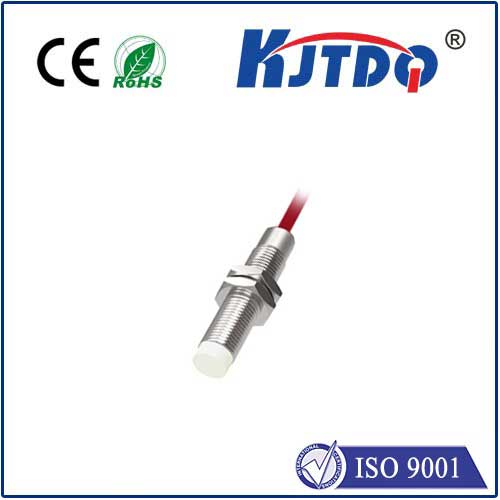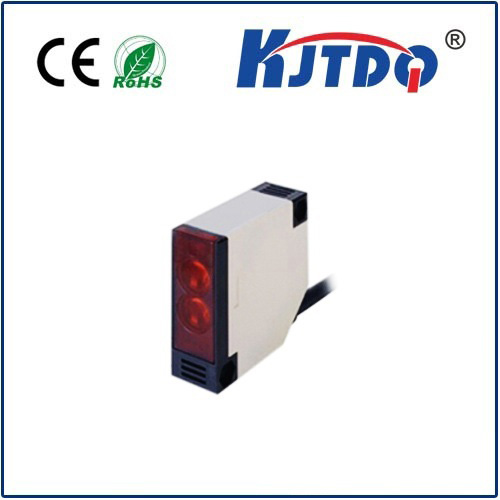

check

check

check

check
Optical Fiber Sensors: The Future of Sensing Technology
Optical fiber sensors have emerged as a revolutionary advancement in sensing technology, offering unprecedented accuracy, durability, and versatility in a wide range of applications. The FU-80MTZ optical fiber sensor is a prime example of how these sensors are transforming industries from aerospace to healthcare, and even smart infrastructure. This article explores the key features, applications, and benefits of the FU-80MTZ optical fiber sensor, highlighting how it is set to redefine the future of sensing.
The FU-80MTZ optical fiber sensor is designed to measure a variety of physical parameters, including strain, temperature, pressure, and vibration. Unlike traditional sensors that often require physical contact with the object being measured, the FU-80MTZ operates through optical signals, allowing it to be installed in environments where conventional sensors might be impractical or damaging. This non-invasive approach makes it ideal for use in harsh conditions, such as extreme temperatures or high-pressure environments, where traditional sensors may fail.

One of the most significant advantages of the FU-80MTZ is its high precision. Optical fiber sensors rely on the propagation of light through a fiber optic medium, which allows for extremely accurate measurements. The sensor’s design minimizes interference from external factors, ensuring that the readings are consistent and reliable. This precision is crucial in applications such as structural health monitoring, where even minor changes in strain can indicate potential failures.
Another key feature of the FU-80MTZ is its long-term stability and durability. Optical fiber sensors are resistant to environmental factors such as moisture, dust, and electromagnetic interference, making them suitable for use in a wide range of industrial and commercial applications. This durability ensures that the sensor remains functional over extended periods, reducing the need for frequent maintenance and replacement.
The FU-80MTZ is also highly adaptable, allowing it to be customized for specific applications. Whether it is used in aerospace for monitoring the structural integrity of aircraft components, in the automotive industry for real-time monitoring of engine performance, or in the energy sector for detecting leaks and environmental changes, the sensor can be tailored to meet the unique requirements of each application. This flexibility makes it a versatile solution for industries that demand reliable and efficient sensing.
In addition to its technical advantages, the FU-80MTZ offers cost-effective solutions. While the initial investment may be higher than traditional sensors, the long-term savings from reduced maintenance and increased accuracy make it a compelling choice for businesses looking to optimize their operations. The sensor’s ability to provide real-time data enables proactive decision-making, which can lead to significant improvements in efficiency and safety.
As technology continues to evolve, the role of optical fiber sensors like the FU-80MTZ is becoming increasingly important. Their integration into smart systems and IoT (Internet of Things) networks is opening new possibilities for data collection and analysis. The FU-80MTZ is at the forefront of this trend, offering a glimpse into the future of sensing technology.
In summary, the FU-80MTZ optical fiber sensor represents a significant leap forward in sensing technology. Its unique design, high precision, and adaptability make it a valuable tool in a variety of applications. As industries continue to seek more reliable and efficient solutions, the FU-80MTZ stands out as a leading innovation in the field.
